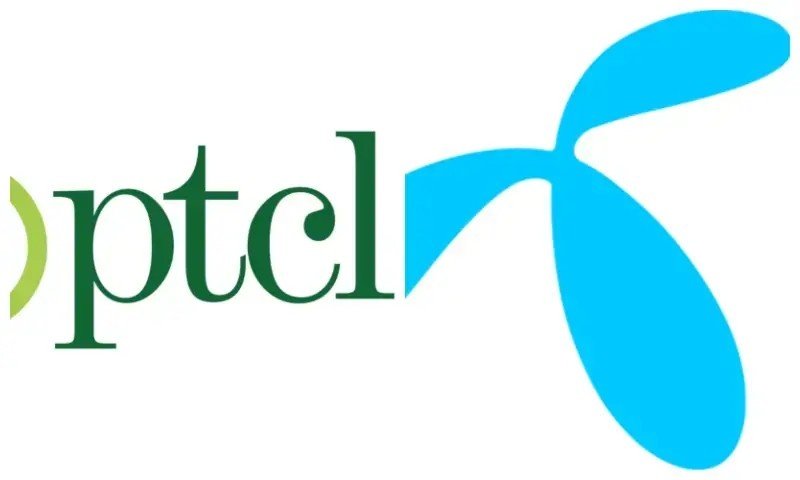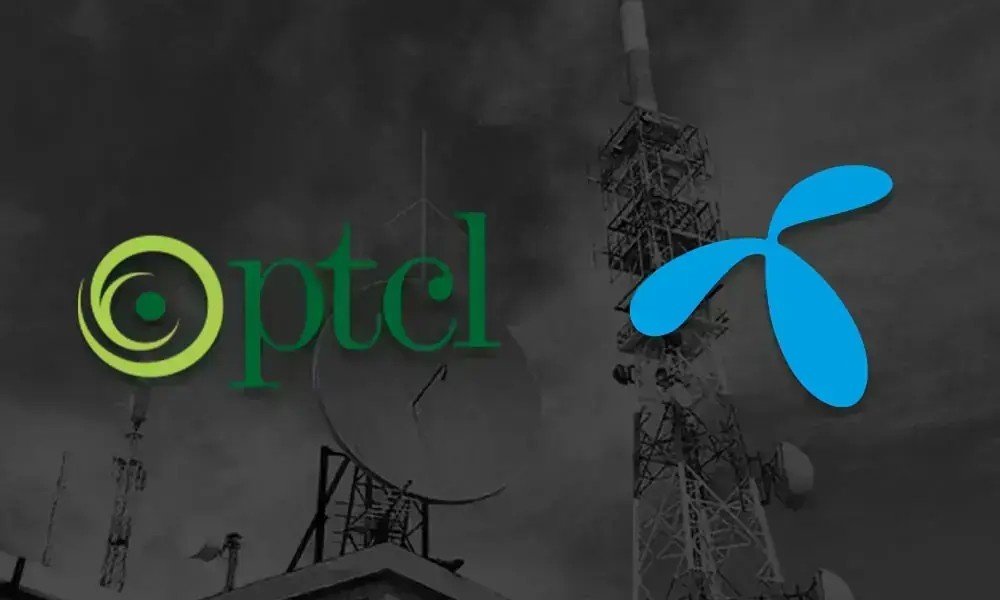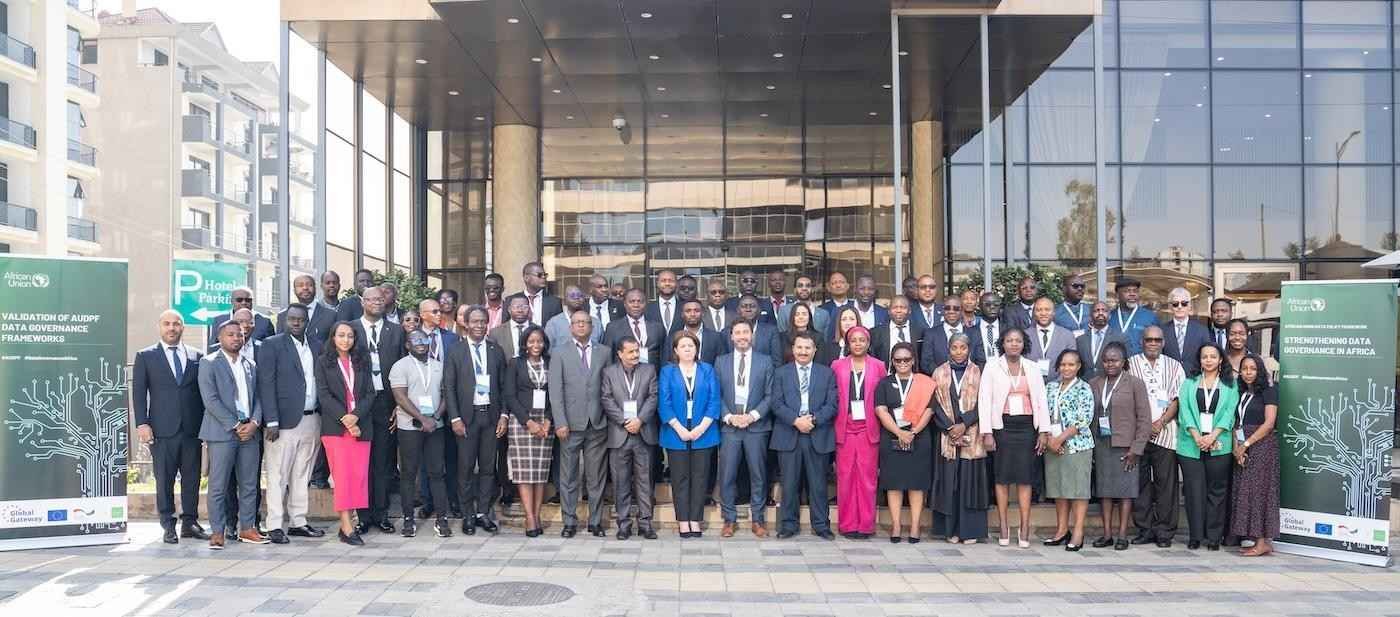Bangladesh’s cabinet has approved a sweeping new telecom licensing policy aimed at dismantling the fragmented regime of more than 20 licence categories and consolidating them into just three: national infrastructure, international connectivity, and network access service providers. The reform also introduces a foreign ownership cap in telecom and related services.
The move eliminates intermediary operators that had long been blamed for inefficiencies and higher costs. Voice and internet traffic previously passed through International Internet Gateways (IIG), Interconnection Exchanges (ICX), National Internet Exchanges (NIX), and International Gateways (IGW). These licences will now be phased out as they expire, with most set to lapse by 2027.
“This policy reduces the number of intermediaries investing only a few crores in a multi-thousand-crore ecosystem and collecting tolls, while eliminating licences not used elsewhere in the world,” said Faiz Ahmad Taiyeb, special assistant to the chief adviser for telecom and ICT.
Bangladesh currently has 20 IGWs, over 30 IIGs, and more than 20 ICXs. Many of these licences, granted under past governments, have faced criticism for non-transparent practices, including cartelisation and questionable fund management. BTRC documents previously flagged Tk 631 crore in “Market Development Expenses,” of which more than 95 percent was routed through Beximco Computers, a company linked to former premier Sheikh Hasina’s adviser Salman F Rahman. The case was referred to the Anti-Corruption Commission.
Industry stakeholders, however, warn of risks. Asif Rabbani, president of the IGW Operators Forum, argued that operators had invested Tk 5,000 crore and contributed Tk 10,500 crore in revenue, yet were sidelined in drafting the new rules. He cautioned that the policy could push smaller local businesses into the hands of multinational operators.
Foreign Ownership Limits
The new framework caps foreign ownership in network access licences at 85 percent, mandating at least 15 percent domestic participation via joint ventures, public listings, or other approved structures. Existing operators must adjust within three years. Domestic investors can still hold 100 percent ownership without restriction.
Currently, Grameenphone is the only major operator meeting the 15 percent domestic ownership requirement, with Telenor holding 55.8 percent, Grameen Telecom 34.2 percent, and 10 percent with public investors. Robi is majority-owned by Axiata (61.82 percent) and Bharti Airtel (28.18 percent), while Banglalink is fully owned by VEON.
Industry executives welcomed the streamlining but expressed caution over the ownership clause. Grameenphone’s Tanveer Mohammad called the policy “a positive step towards unification,” while Robi’s Shahed Alam warned that forced share offloading could unsettle investors. Banglalink’s Taimur Rahman praised provisions for network and spectrum sharing but raised concerns about discouraging foreign investment.
Telecom policy expert Abu Nazam M Tanveer observed that the policy’s exclusion of group-level entities from cross-licensing restrictions weakens safeguards against market distortion, leaving competition vulnerable.
The reform marks a historic restructuring of Bangladesh’s telecom landscape, aimed at simplifying governance, fostering investment, and balancing local participation with global capital.















